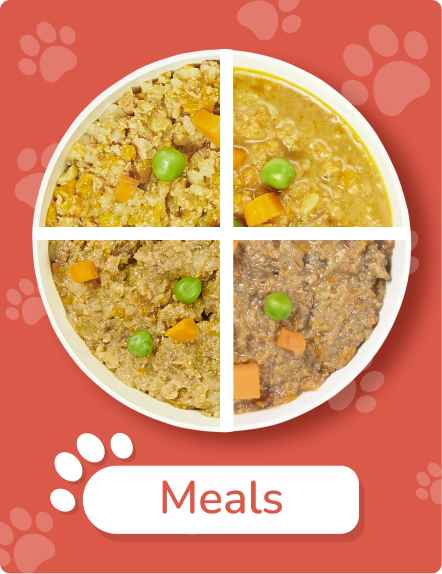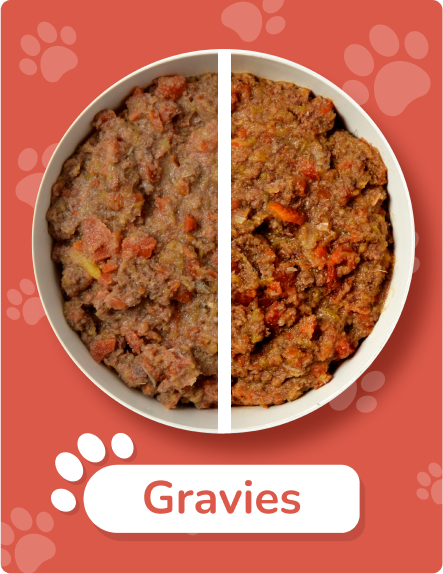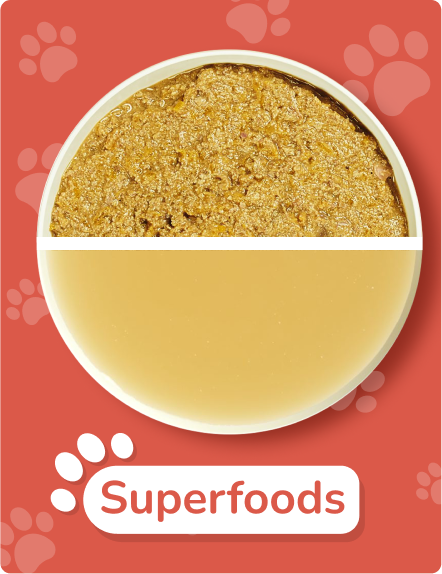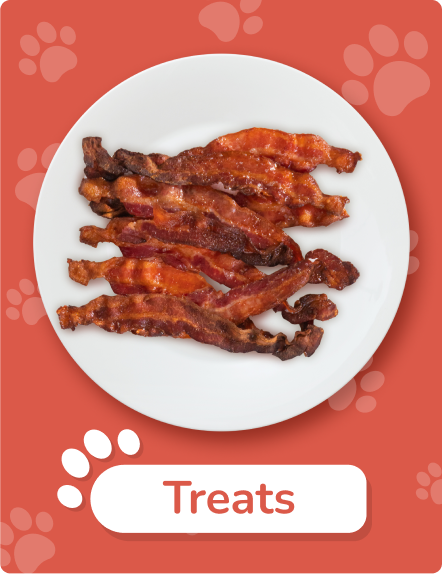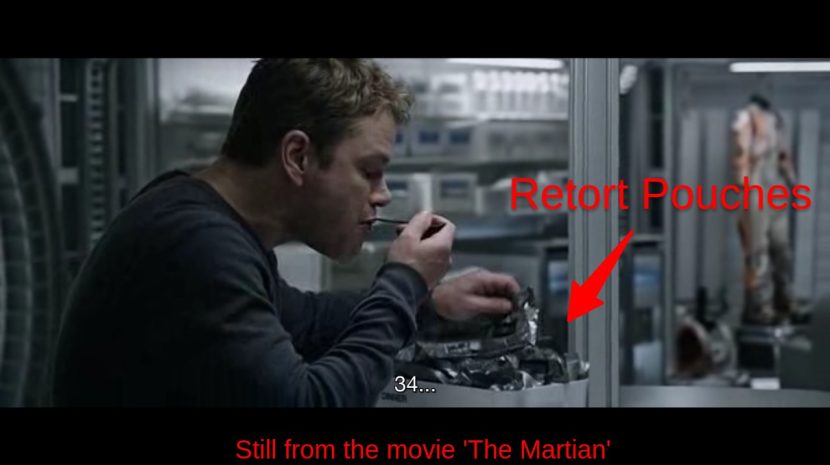One of the most troubling times you could face while raising your beloved pet is when they refuse to eat (let alone enjoy) the food you have been feeding them for days, months or even years. A number of reasons could be responsible for this sudden apathy. But before we delve into them, let us try to understand the parameters for judging a low and a lost appetite.
Low appetite (hyporexia) cannot be ascertained by measuring your doggo’s intake against the amount stated on the food packages you feed them. According to experts, even perfectly healthy dogs normally consume only as much as 60 to 70% of the amount prescribed on readymade products. So unless your doggo starts eating less than what is normal for them, you need not worry. A complete loss of appetite (anorexia), on the other hand, should make you look into the matter further, especially if it continues for a period of 24 hours and is accompanied by nausea, diarrhoea and vomiting (when it is best to contact your vet within 10-12 hours).
If these distressing symptoms are (hopefully) absent, it could just be that your doggo is being picky. Fussy-eating is surely to blame if your pooch turns away from their meals but has no qualms about gobbling down treats from neighbours or happily chewing away at table scraps. Fussy-eating isn’t something inborn in your pooch. It‘s just that they have smartly figured out that if they skip their meals, chances are they will be served something new and more interesting. Alternatively, after stuffing down those untimely tidbits, your pet will be too full to tuck into their own food bowl even if they wanted to. As treats should make up no more than 10% of their calorie needs, you want to keep a watch on what goes into your doggy’s tummy and when (to learn more about fussy-eating in dogs, click here).
Broadly classified, the reasons why your pooch is unable and/or unwilling to eat fall into two categories:
-
Medical (Internal) Factors: Getting off food is one of the earliest signs of something not being entirely all right with your doggo’s health. Anorexia, accompanied by other symptoms, often indicates underlying problems such as:
- Oral Pain: Sometimes a dental infection, broken or decayed teeth, bleeding gums, etc. can be hurting your pet, making them want to avoid using their mouth. Dogs are pretty good at hiding their pain, but a sudden apathy towards food as well as water could alert you to it.
- General Illnesses & Medication: Common issues like a virus or bacterial infection can take your pooch’s mind off food. Even problems with the crucial organs such as the heart, lungs, pancreas, liver, kidneys, bowels, etc can kill your pooch’s appetite. Though rare, loss in appetite is one of the side effects of certain medications. In all these cases, it is best to visit the vet and confirm what is bothering your doggo.
- Tummy Trouble: The presence of some foreign object in your pup’s tummy that they ingested during their walk, or issues in the gut such as inflammation, worms, etc. can give your doggy a nasty stomach ache, making them reluctant and wary of food.
-
Behavioral (External) Factors: Just like how our surroundings and other aspects of our daily lives have an impact on our eating habits, so it is with our furry friends. Being emotionally intelligent, dogs are very sensitive to environmental changes and challenges. It is important to remember that things that may not appear as potential stressors to us may end up inducing anxiety in our pets. Anxiety, which is one of the biggest killers of appetites in dogs and human alike, can be caused by:
- Changes in Routine: Dogs thrive on the fixed patterns that structure their lives for them. Any unexpected change in either their meal time or place is bound to affect their appetite. The absence of people they are most comfortable with (separation anxiety) and the presence of new people in the house can also dull their desire to eat. Even motion sickness and other changes caused during travel can temporarily disrupt their eating-habits. Life-changing events like moving into a new house, accident, illness, delivery, etc can cause a downward spiral in their appetite.
-
Unusual Intrusions: Unpleasantly loud sounds such as those caused during construction work, fireworks, thundering, etc. can all work as anxiety-triggers for (certain) dogs. Having to share the room with other pets during meal-times can also be discomforting as it induces a subtle feeling of competitiveness and may also be outright intimidating, especially for pups and senior doggies.
Learn more about how proper nutrition can bring relief to your stressed dog
-
Issues with the Food: Like the behavioural changes we saw above, this is amongst the easier to miss and simplest to remedy problems that could be preventing your pooch from warming towards their food when it is:
- Stale or spoilt: Sometimes dogs can smell food that isn’t right and which we may miss. It is this food that has lost its appetising aroma and has become uneatable that is really to blame for your pet’s wise refusal to have a go at it.
- Dry: Chances are that your pooch is left cold by dry food but lights up the moment you set down a bowl of canned food. One reason why is that your beloved pet may secretly be struggling with mouth pain (canned food being easier to chew). If there is no identifiable dental problem, it is likely that your doggo prefers canned food since it smells better and so is perceived as more of a treat (which every doggy enjoys).
- Switching Foods: New food that is suddenly placed before dogs will never inspire their confidence all at once. Transitioning must be done gradually, by introducing tiny amounts of the new food over a period of 7-10 days. Unaccustomed food, apart from inducing stomach pain, can dim that feeling of surety and security that dogs often associate with their daily meals.(read more about how to switch foods for your pet)
-
Other Causes: If none of the above reasons seems to solve the mystery of your doggy’s hypo/anorexia, it is likely that your doggy is:
- Diabetic: In case your diabetic doggy has been playing truant during meals, contact your vet regarding their insulin dosage and to probe the issue further.
- Pregnant or in heat: It is normal for expecting dogs to have a reduced appetite early on in her pregnancy. In the middle and late stages, eating well may be a problem due to less tummy room. Even in heat, dogs experience a decreased appetite. However, if she has gone without eating for over 48 hours, get her checked for a probable uterine infection.
- A pup or a senior: Puppies are likely to struggle chewing large and dry kibble, especially if they have just started on solid foods. One way to deal with this is to soak their food in water. Senior dogs should not go without food for a long time. To prevent this, ensure that they follow a feeding routine which includes a fixed place where they can find their food/water bowl without trouble and a mat or rug to stand on in case they find it hard to stand on the hard floor.(support your senior doggo by feeding them some of these essential foods)
Finally, it is possible that you have ruled out all the above causes but still haven’t figured out just why your doggy won’t eat as before. In such a scenario, instead of force-feeding them (never do that), you could try giving them something potentially more appetising. If you and the vet agree on this, look no further than PetChef. Everything prepared inside PetChef’s kitchen is meant to encourage your dog to eat (and be healthy) thanks to the freshness of our ingredients. If you prefer our Meals, there are four delicious flavours to choose from. Conversely, if you wish to keep your pooch on home-cooked food, give our Supper Topper a shot. Even the 24-hour Bone Broth is a sure way for providing your furry friend with the most essential nutrients (especially if they are not too keen on eating). And lastly, there is our Chicken Jerky Treat which, as the name suggests, will allow you to give your four-legged companion a delicious and no less nutritious snack-time treat.

